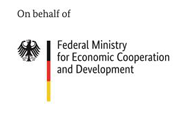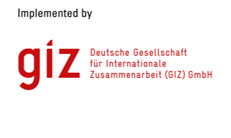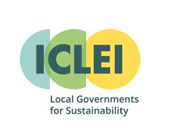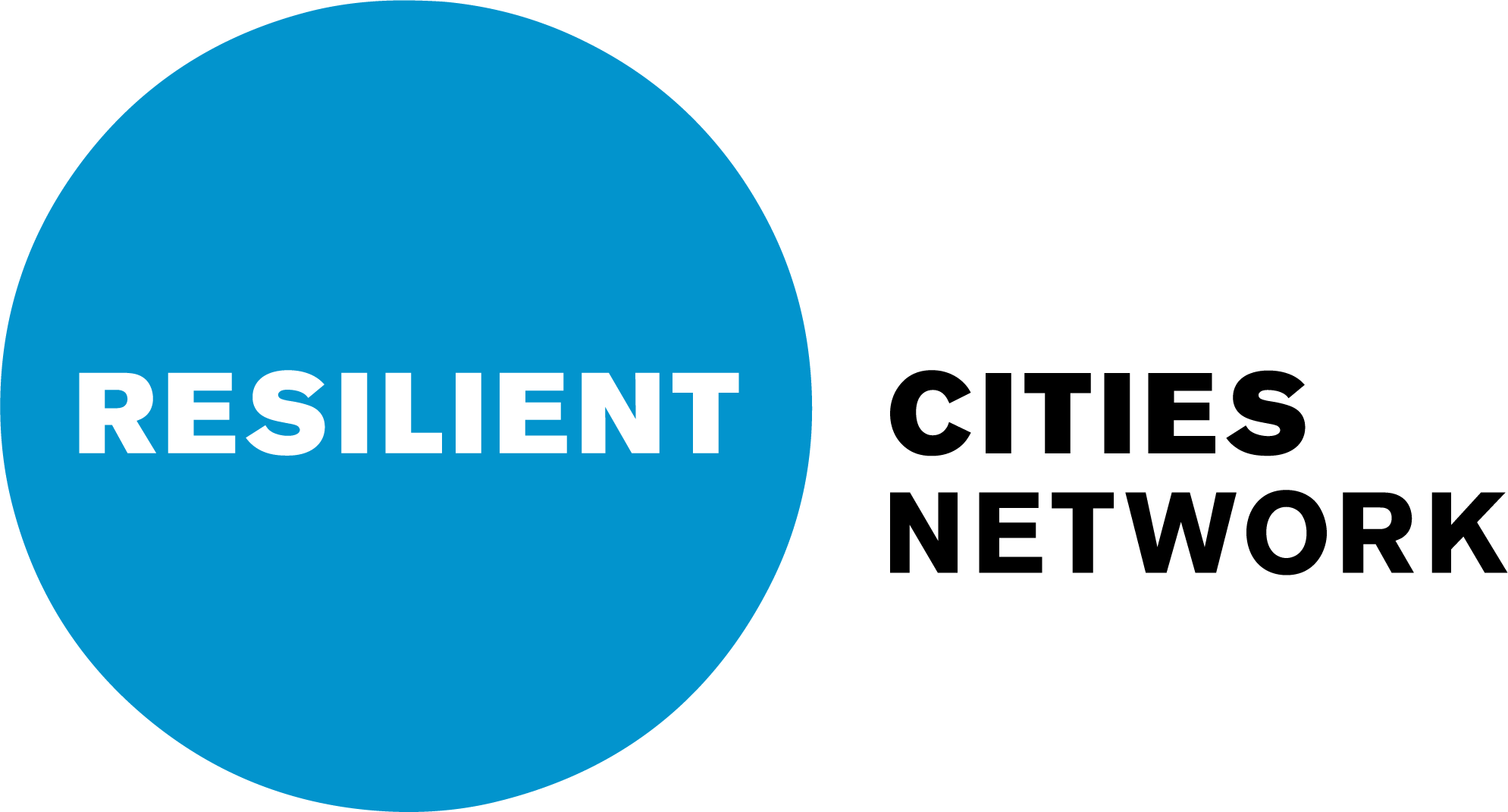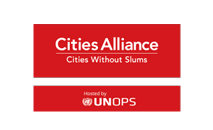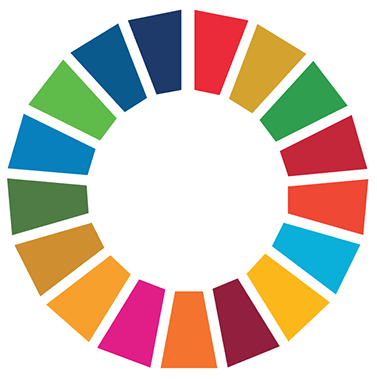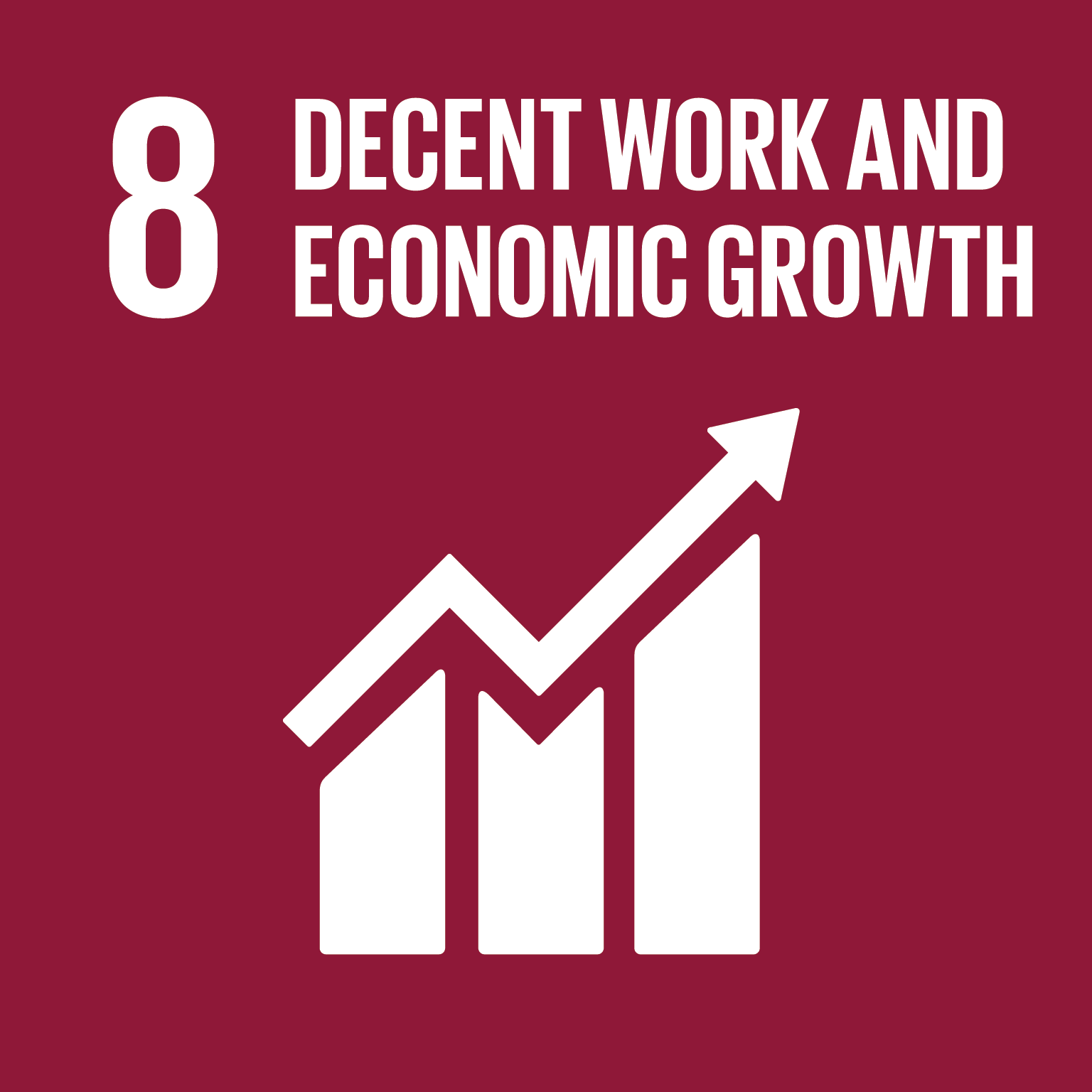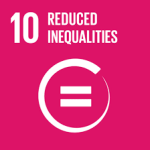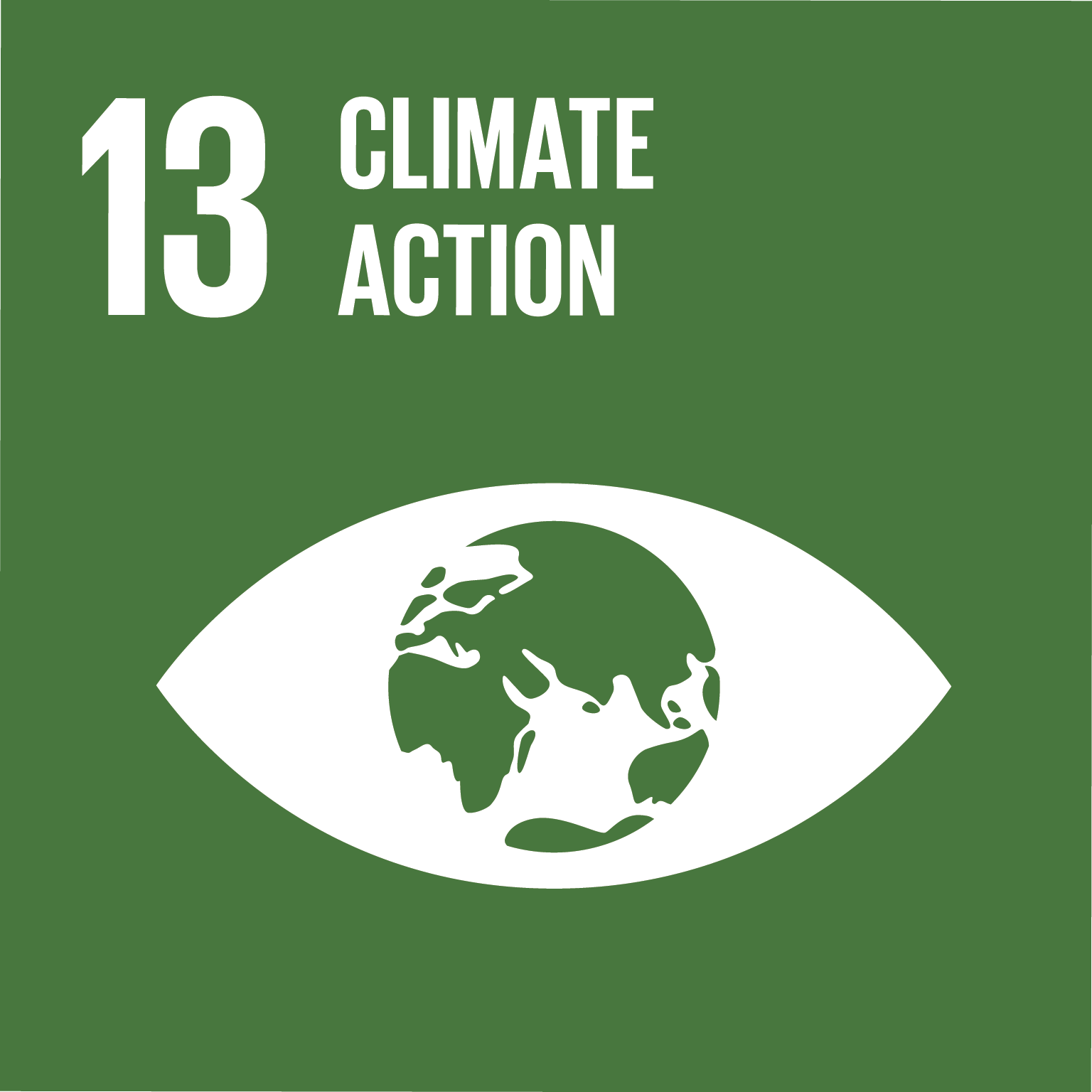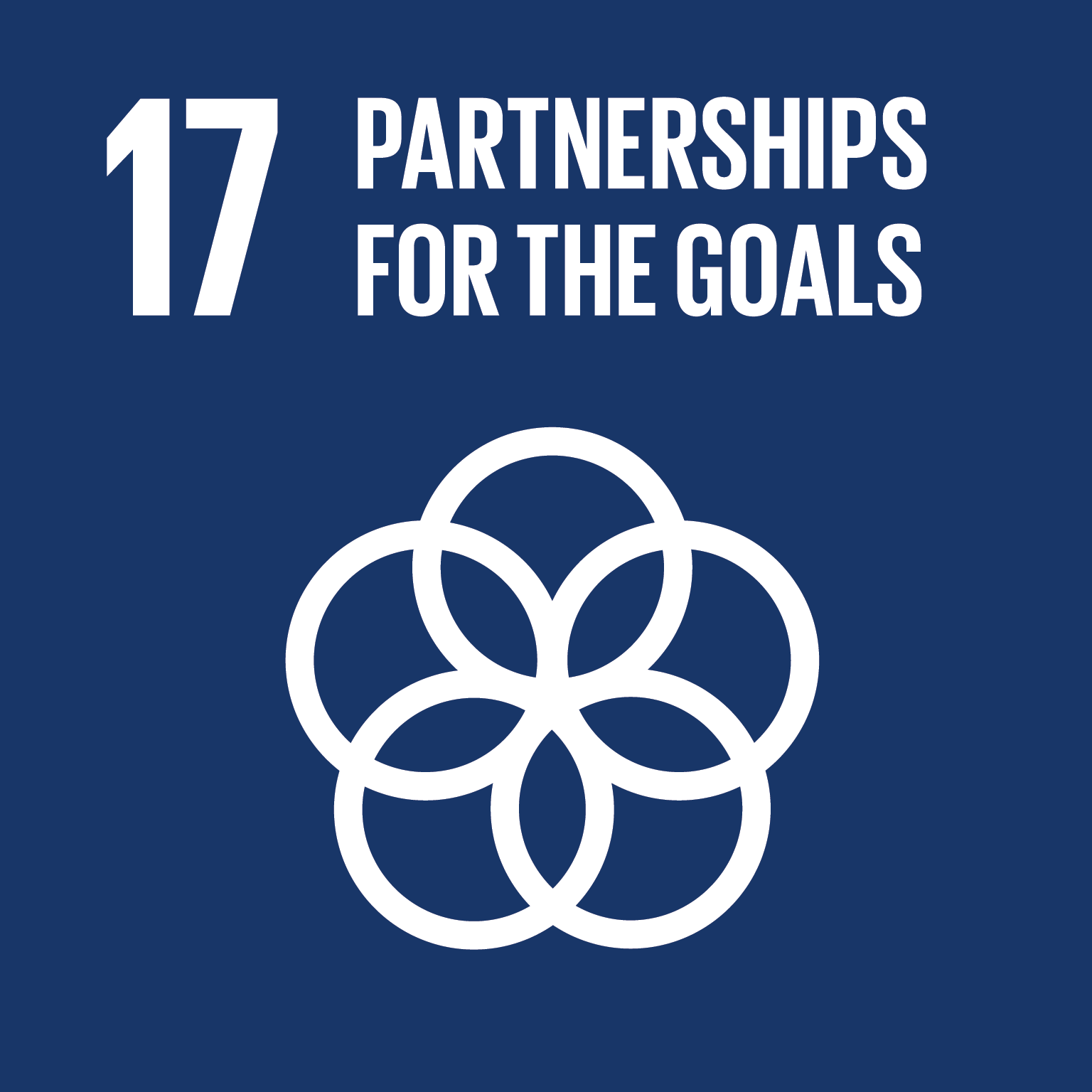Resilient Cities Action Package (ReCAP 21)
Background and Objectives
Around the world, cities are fighting the pandemic against a backdrop of multiple existing shocks and stresses, and emerging vulnerabilities, while striving
to put equity, economy, and climate action at the centre of their recovery approaches. Declining revenues create budgetary shortfalls for cities around the world, forcing local governments to defer infrastructure projects and capital investments. This stifles job growth and local economic activity and impacts cities’ abilities to deliver essential services. On the other hand, the compounding impacts of COVID19 and climate change are shining a new light on the deep inequities confronting cities around the world, revealing immense problems, and highlighting opportunities for new approaches.
As cities plan for recovery and investment in key services and infrastructure, they must also address the underlying stresses exposed by the pandemic. Smart, green investments and interventions with resilience principles in mind can create a triple dividend: helping cities boost their economies; improving equity; and preparing communities for inevitable climate and health threats. In the midst of the greatest global economic downturn in nearly a century, progress on sustainable development needs to be regalvanised. Now is the moment for national and local governments to build back stronger, fairer, and greener than before. Cities drive national economies, while the urban poor were particularly hard hit by COVID-19. Therefore, urban centres must be at the heart of a long-term plan for sustainable and inclusive development.
Objectives
Selected cities are better able to implement plans and measures for a resilient recovery from the COVID-19 pandemic.
- Increase the capacity for combatting future public health threats (including primary health care, health management, public life)
- Identify priority recovery action packages (short- and medium-term planning) crosssectorally with high resilience value
- Support the implementation of small-scale measures (with positive reciprocal effects between pandemic resilience and ecological, social, economic goals)
- Global knowledge exchange on resilient recovery in cities
Main approach
ReCAP can be divided into four interlinked approaches. Its focus is on the local level in our partner countries and is complemented by global exchange formats. The selection and design of measures takes place in close cooperation with the local governments and bilateral projects in Rwanda, Mauretania, and Bangladesh.
- Pandemic response: measures that can be implemented immediately to contain and mitigate the immediate effects of the COVID-19 pandemic, e.g. strengthening local health centres by providing information, material goods, organisational advice and advice on implementing pandemic plans for specific urban sectors (public transport, water).
- Resilient Recovery Planning and Implementation: identification of measures that restore urban functions and contribute to implementing global agendas (Agenda 2030, Paris Agreement, Sendai Framework, New Urban Agenda). This will include virtual planning workshops for cross-sectoral planning (with City WORKS); supporting the identification and development of specific projects that yield more immediate benefits, the planning of improved public infrastructure, and linking of resilience infrastructure projects to project preparation and financing pipelines.
- Increasing resilience capacity: Strengthening of technical and managerial competencies of city administrations to design for and build urban resilience through trainings and employing specific and strategic tools and methodologies, e.g. development of urban and neighbourhood resilience plans; databased risk analyses; inter-agency dialogue; risk-sensitive monitoring of project developments; advice on municipal financing incl. safeguarding mechanisms for urban services of general interest.
- National-local dialogue on resilient recovery: virtual multilevel governance dialogues to advance coordinated action between national, subnational and international actors, to address resilient recovery, climate change and to embed local needs into national urban policies.
Global knowledge transfer and exchange of experience via international city networks. A wider circle of cities can benefit from the experiences of other cities worldwide, e.g. through the Resilient Cities Network.



